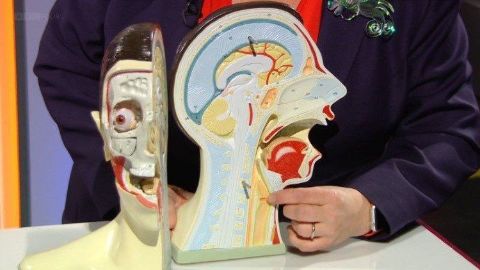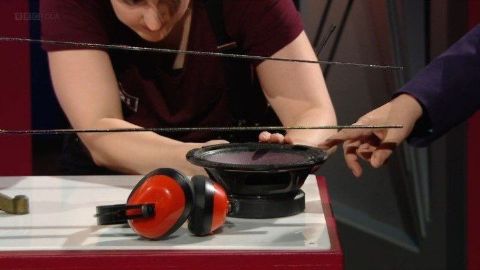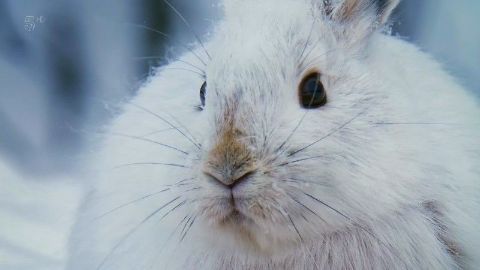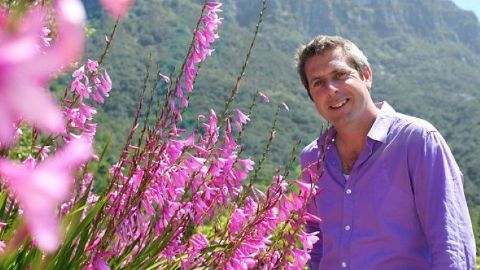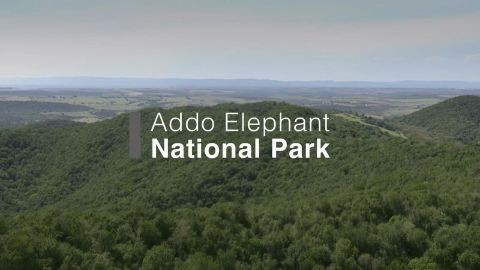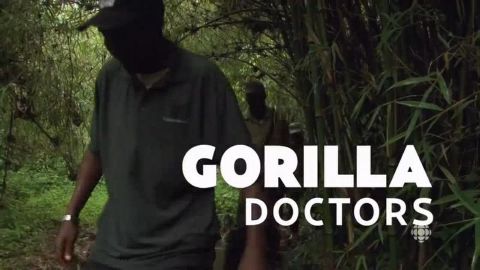The Word • 2017 • episode "S1E3" • Royal Institution Christmas Lectures: The Language of Life
Sophie looks at one skill in particular that seems to give humans an advantage over all other animals - our superior talent for language. She explores what language really is, and how close other animals come to having it. She considers the world of primates and the theory that some apes may communicate through sign language, and reveals how, even in the womb, humans start to practise making the mouth movements needed for speech. But language isn't just a power to combine words. Professor Scott explores how we convey information through the tone of voice, our accents and the pace and pitch of our speech. But in a world when we regularly talk to computers, she also shows why scientists need to develop machines that can understand the subtleties of our speech. Finally, she looks at language in this digital age and explores the role that emojis play.
Make a donation
Buy a brother a hot coffee? Or a cold beer?
Hope you're finding these documentaries fascinating and eye-opening. It's just me, working hard behind the scenes to bring you this enriching content.
Running and maintaining a website like this takes time and resources. That's why I'm reaching out to you. If you appreciate what I do and would like to support my efforts, would you consider "buying me a coffee"?
Donation addresses
BTC: bc1q8ldskxh4x9qnddhcrgcun8rtvddeldm2a07r2v
ETH: 0x5CCAAA1afc5c5D814129d99277dDb5A979672116
With your donation through , you can show your appreciation and help me keep this project going. Every contribution, no matter how small, makes a significant impact. It goes directly towards covering server costs.
